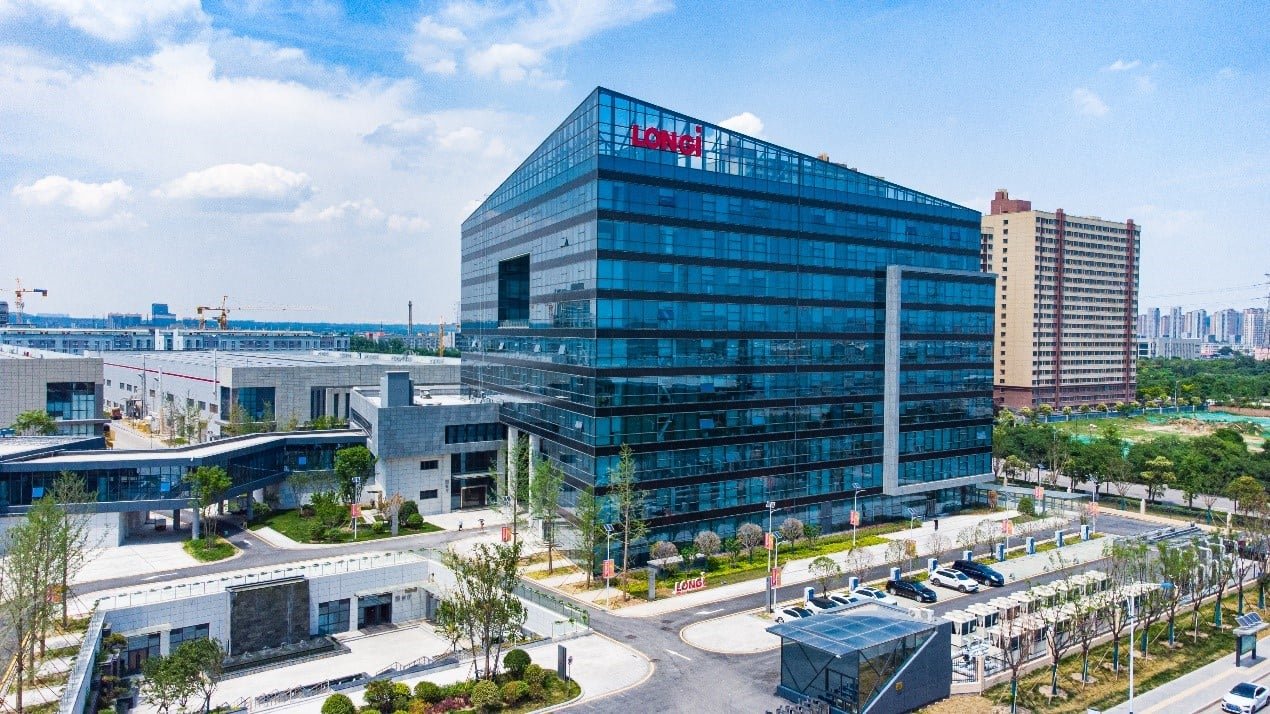The International Solar Alliance (ISA) convened its Sixth Regional Committee Meeting in Brussels, emphasizing the need for unified action and strategic leadership from European nations to enhance solar energy accessibility worldwide. The meeting, chaired by Germany, included representatives from 20 countries, who gathered to assess progress, set priorities, and promote cooperative efforts to advance solar energy initiatives.
During the event, ISA Director General Ashish Khanna highlighted the urgent need to translate increased investment in solar energy into tangible benefits, such as job creation and climate resilience. He pointed out that nearly $2 trillion was invested in clean energy globally last year, with solar photovoltaics receiving the largest share. However, he noted that only 15% of this funding reached low- and middle-income countries, and less than 2% was allocated to Africa, despite its vast solar potential.
Khanna underscored the need for approximately $200 billion in investments to provide electricity access to 600 million people in Africa and other regions in the Global South. To address this, ISA is mobilizing $200 million to attract over $6 billion in private investment toward Distributed Renewable Energy projects in Africa. This initiative aims to connect 16 Centres of Excellence and support technology and policy development in collaboration with Global Capability Centres.
Tobias Rinke, Deputy Head of Division at Germany’s Federal Ministry for Economic Affairs and Energy, reaffirmed the commitment to advancing solar energy and ensuring its equitable distribution. He noted the ISA’s growth to 123 member countries since its inception, with doubled engagement since 2022. Rinke emphasized that the recent COP28 summit in Dubai established a global consensus on tripling renewable energy capacity and improving energy efficiency by 2030, with solar energy as a key component.
He also highlighted the Europe and Others region’s potential to lead the energy transition, noting its advanced economies and technological capabilities. Germany aims to collaborate with regional partners to develop a shared vision for ISA.
In a discussion with Laura Cozzi from the International Energy Agency (IEA), Khanna explored the impact of artificial intelligence (AI) on global energy systems. Cozzi pointed out that while AI is driving electricity demand—especially from data centers—it also offers solutions for managing the grid and integrating renewable energy sources. Projections suggest AI-related infrastructure could create electricity demand equivalent to that of an additional ‘new Japan’ by 2030. The IEA plans to launch an Energy and AI Observatory to monitor these trends and promote effective applications.
The meeting also featured a conversation between Khanna and Kate Hampton, CEO of the Children’s Investment Fund Foundation (CIFF), focusing on the evolving role of philanthropy in climate finance. They discussed the need for catalytic finance to accelerate solar deployment in the Global South, where traditional funding mechanisms often fall short. Hampton identified the lack of patient equity as a major barrier to mobilizing private investment, stressing the importance of philanthropic support in providing technical assistance and policy engagement.
In his keynote address, H.E. Dan Jørgensen, Commissioner for Energy and Housing at the European Commission, highlighted the urgent need for Europe to respond to rising energy costs and climate challenges. He identified solar energy as a key solution, noting that solar power costs have decreased by 82% in the EU over the past decade, with an additional 12% drop in 2023 alone. This positions solar energy as both the fastest-growing and most affordable clean energy source available today.
The meeting concluded with a call to action for collective efforts to advance solar energy accessibility, especially in underserved regions, and to capitalize on the technological advancements and financial resources available in Europe. The ISA aims to leverage this momentum to ensure that solar energy contributes effectively to global energy security and climate goals.




